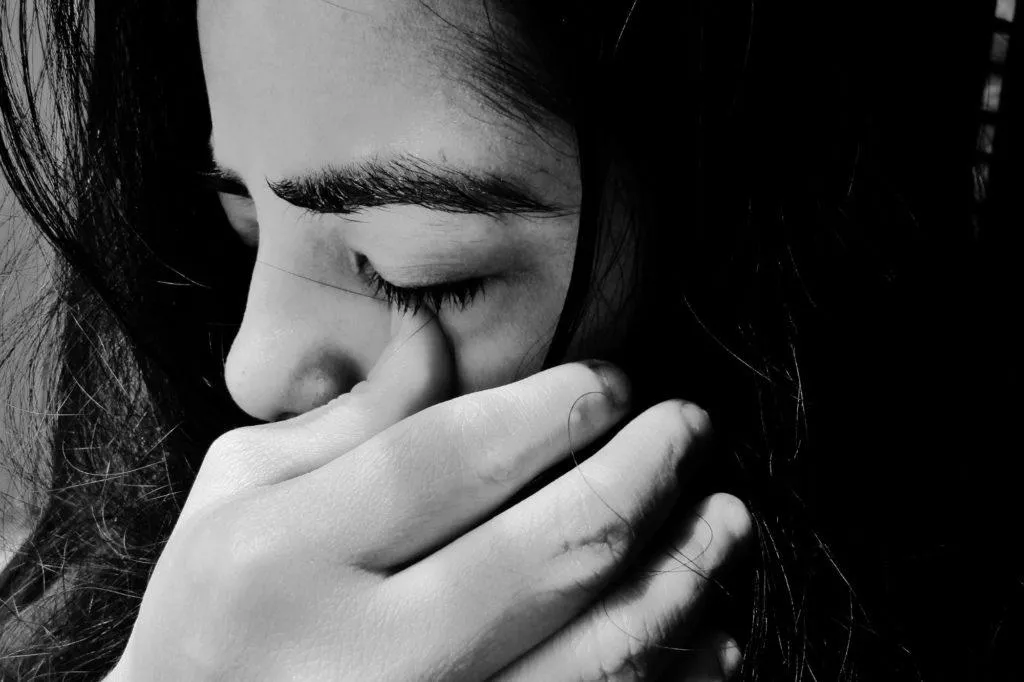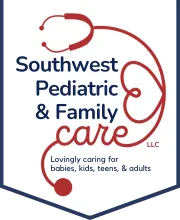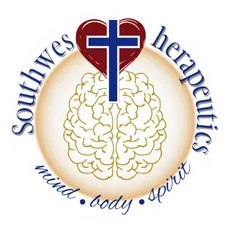
Mental Health Matters: A Guide to Common Mental Health Conditions and Treatment Options
In recent years, mental health has gained significant attention, with people becoming more aware of its importance. Mental health refers to our emotional, psychological, and social well-being. It affects how we think, feel, and act, and plays a vital role in our everyday lives. As we strive to create a world where mental health is given equal importance to physical health, it is crucial to understand common mental health conditions and their treatment options. This blog aims to provide an overview of some prevalent mental health disorders and their treatments, ultimately promoting awareness and fostering a supportive environment.
Anxiety Disorders
Anxiety disorders are the most common mental health conditions, affecting millions of people worldwide. They manifest as excessive and persistent worry, fear, and nervousness about everyday situations. Some common types of anxiety disorders include:
Generalized Anxiety Disorder (GAD)
Panic Disorder
Social Anxiety Disorder
Phobias
Treatment options for anxiety disorders include:
Psychotherapy: Cognitive-behavioral therapy (CBT) is a popular form of psychotherapy used to treat anxiety disorders. It helps individuals identify and change negative thought patterns and behaviors.
Medication: Antidepressants, such as selective serotonin reuptake inhibitors (SSRIs) and benzodiazepines, are often prescribed to manage anxiety symptoms. For more information on these medications, visit the National Institute of Mental Health (NIMH) website.
Lifestyle changes: Exercise, proper sleep, and a balanced diet can help reduce anxiety levels. Practicing relaxation techniques, such as deep breathing and mindfulness, can also provide relief.
Depressive Disorders
Depressive disorders, characterized by persistent feelings of sadness, hopelessness, and a lack of interest or pleasure in activities, affect millions of people globally. Some common types of depressive disorders include:
Major Depressive Disorder (MDD)
Persistent Depressive Disorder (dysthymia)
Postpartum Depression
Seasonal Affective Disorder (SAD)
Treatment options for depressive disorders include:
Psychotherapy: CBT, interpersonal therapy (IPT), and psychodynamic therapy are effective approaches for treating depression. These therapies aim to help individuals understand and manage their emotions, improve relationships, and develop coping mechanisms. For more information on psychotherapy, visit the American Psychological Association (APA) website.
Medication: Antidepressants, such as SSRIs, serotonin-norepinephrine reuptake inhibitors (SNRIs), and tricyclic antidepressants (TCAs), are commonly prescribed to treat depression. To learn more about these medications, visit the NIMH website.
Electroconvulsive Therapy (ECT): In severe cases, ECT may be recommended. It involves sending small electric currents through the brain to trigger a brief seizure, which can help alleviate severe depression symptoms. For more information on ECT, visit the Mayo Clinic website.
Lifestyle changes: Regular exercise, a healthy diet, and proper sleep hygiene can help improve mood and overall well-being.
Bipolar Disorder
Bipolar disorder, also known as manic-depressive illness, is a mental health condition characterized by extreme mood swings. Individuals with bipolar disorder experience periods of elevated mood (mania) and periods of depression. There are several types of bipolar disorder:
Bipolar I Disorder
Bipolar II Disorder
Cyclothymic Disorder
Treatment options for bipolar disorder include:
Psychotherapy: CBT, family-focused therapy, and psychoeducation are effective in managing bipolar disorder symptoms. They help individuals understand their condition, develop coping strategies, and improve communication within families.
Medication: Mood stabilizers, such as lithium and anticonvulsants, are typically prescribed to control mood swings. Antidepressants and antipsychotics may also be used in conjunction with mood stabilizers. For more information on medications for bipolar disorder, visit the NIMH website.
Lifestyle changes: Maintaining a regular sleep schedule, exercising, and managing stress are essential for individuals with bipolar disorder. Establishing a structured routine can also help prevent mood fluctuations.
Obsessive-Compulsive Disorder (OCD)
Obsessive-compulsive disorder (OCD) is a mental health condition characterized by recurring, unwanted thoughts (obsessions) and repetitive behaviors (compulsions). These obsessions and compulsions can significantly interfere with daily life and cause considerable distress. Common obsessions include fear of contamination or germs, while common compulsions may involve excessive cleaning, handwashing, or checking.
Treatment options for OCD include:
Psychotherapy: Exposure and response prevention (ERP), a form of CBT, is considered the most effective treatment for OCD. It involves exposing individuals to their fears and teaching them to resist the urge to perform compulsions. For more information on ERP, visit the International OCD Foundation website.
Medication: Antidepressants, such as SSRIs and clomipramine, are commonly prescribed to help manage OCD symptoms. For more information on medications for OCD, visit the NIMH website.
Deep Brain Stimulation (DBS): In severe cases, DBS, a surgical procedure involving the implantation of electrodes in the brain, may be recommended. For more information on DBS, visit the Parkinson's Foundation website.
Post-Traumatic Stress Disorder (PTSD)
Post-traumatic stress disorder (PTSD) develops following exposure to a traumatic event, such as a natural disaster, combat, or sexual assault. PTSD symptoms may include intrusive memories, avoidance of trauma-related stimuli, negative changes in mood and cognition, and increased arousal and reactivity.
Treatment options for PTSD include:
Psychotherapy: Trauma-focused CBT, prolonged exposure therapy, and eye movement desensitization and reprocessing (EMDR) are effective treatments for PTSD. They help individuals process traumatic memories and develop coping strategies. For more information on PTSD treatments, visit the U.S. Department of Veterans Affairs website.
Medication: Antidepressants, such as SSRIs, are commonly prescribed to manage PTSD symptoms. To learn more about medications for PTSD, visit the NIMH website.
Lifestyle changes: Practicing relaxation techniques, seeking support from loved ones, and engaging in physical activity can help improve overall well-being and reduce PTSD symptoms.
Eating Disorders
Eating disorders are characterized by abnormal eating habits that negatively affect physical and mental health. Some common eating disorders include:
Anorexia Nervosa
Bulimia Nervosa
Binge Eating Disorder
Treatment options for eating disorders include:
Psychotherapy: CBT, family-based therapy, and interpersonal psychotherapy are effective treatments for eating disorders. They help individuals develop a healthier relationship with food, improve body image, and address underlying emotional issues. For more information on eating disorder treatments, visit the National Eating Disorders Association (NEDA) website.
Medication: Antidepressants and other psychiatric medications may be prescribed to address specific symptoms or co-occurring mental health disorders. To learn more about medications for eating disorders, visit the NEDA website.
Nutritional counseling: A registered dietitian can provide guidance on developing healthy eating habits and addressing nutritional deficiencies.
Conclusion
Understanding common mental health conditions and their treatment options is vital for raising awareness, reducing stigma, and fostering a supportive environment. Early intervention and a combination of therapy, medication, and lifestyle changes can help individuals manage their mental health conditions and lead fulfilling lives.
If you or someone you know is struggling with a mental health condition, it is essential to seek professional help. Reach out to a mental health professional, such as a psychologist, psychiatrist, or therapist, or contact a helpline, such as the National Suicide Prevention Lifeline at 1-800-273-TALK (1-800-273-8255), for support.
Remember, mental health matters, and seeking help is a sign of strength, not weakness. If you need family primary care, contact us today. We focus on disease prevention and health promotion. We have empathetic medical professionals waiting to assist.

